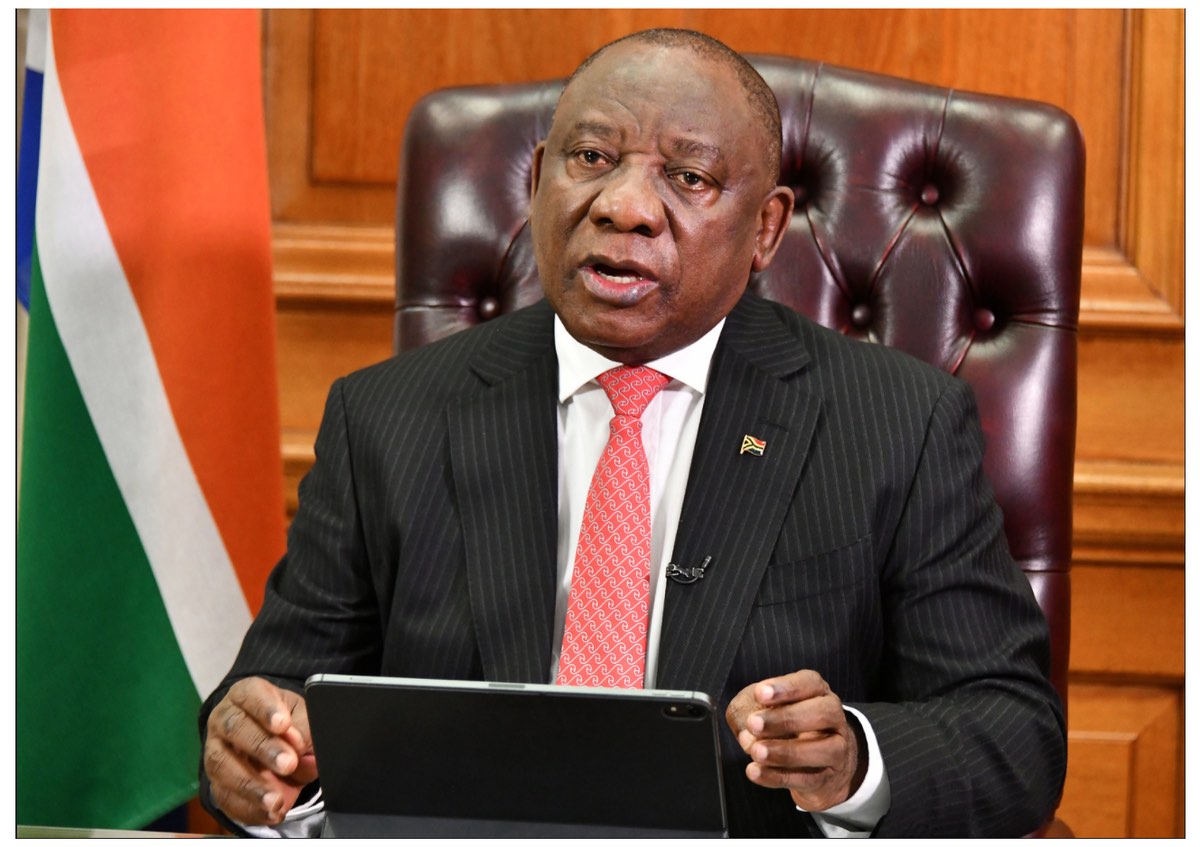South Africa’s President Cyril Ramaphosa may have an impeachment case to answer. This was the finding of the independent parliamentary panel probing the scandal over the theft of thousands of US dollars stashed illegally on his farm, Phala Phala. The three person panel, headed by former chief justice Sandile Ngcobo, found that the president might have breached the constitution and engaged in corrupt activities.
The panel handed its report to the speaker of parliament for the National Assembly to debate ahead of the president’s possible impeachment at a special sitting of parliament.
The Phala Phala affair threatens to derail Ramaphosa’s chances of winning a second term as president of the African National Congress (ANC) at its national conference in December – and then becoming national president again.
Academics writing for The Conversation Africa have explored the issues.
Dirk Kotze argues that the Phala Phala scandal has seriously dented Ramaphosa’s credibility. He sets out how Ramaphosa’s business interests are threatening to jeopardise his presidency, with dire consequences for the country given the important economic and political reforms he is pursuing.
Ramaphosa’s first reform agenda is an economic reconstruction and recovery plan. This includes solving persistent power cuts that have devastated the country’s economy. The second task is to unite the highly factionalised governing party, the African National Congress, which he leads.
The Phala Phala scandal is not just a threat for Ramaphosa, but could seriously hurt his party’s prospects as it faces gruelling national and provincial elections in 2024.
Support for the party, which has dominated South Africa’s politics since democracy in 1994, has been sliding steadily in the last two decades. According to Susan Booysen, the ANC contested the last general elections in 2019 with only Ramaphosa as the trump card. “The ANC built its 2019 election campaign around Ramaphosa, after polls showed that he was the only leader who continued to enjoy substantial credibility among voters.”
But his image as anti-corruption champion – and vote winner – is now in doubt because of the Phala Phala scandal.
Richard Calland says this is a historic moment for the country. It would be the first time a president’s fitness for office was assessed since parliament adopted the rules for impeachment in 2018, following a Constitutional Court judgment. He explains the impeachment process, observing that the way the panel applies the law will set an important precedent.
This article is republished from The Conversation under a Creative Commons license. Read the original article.

